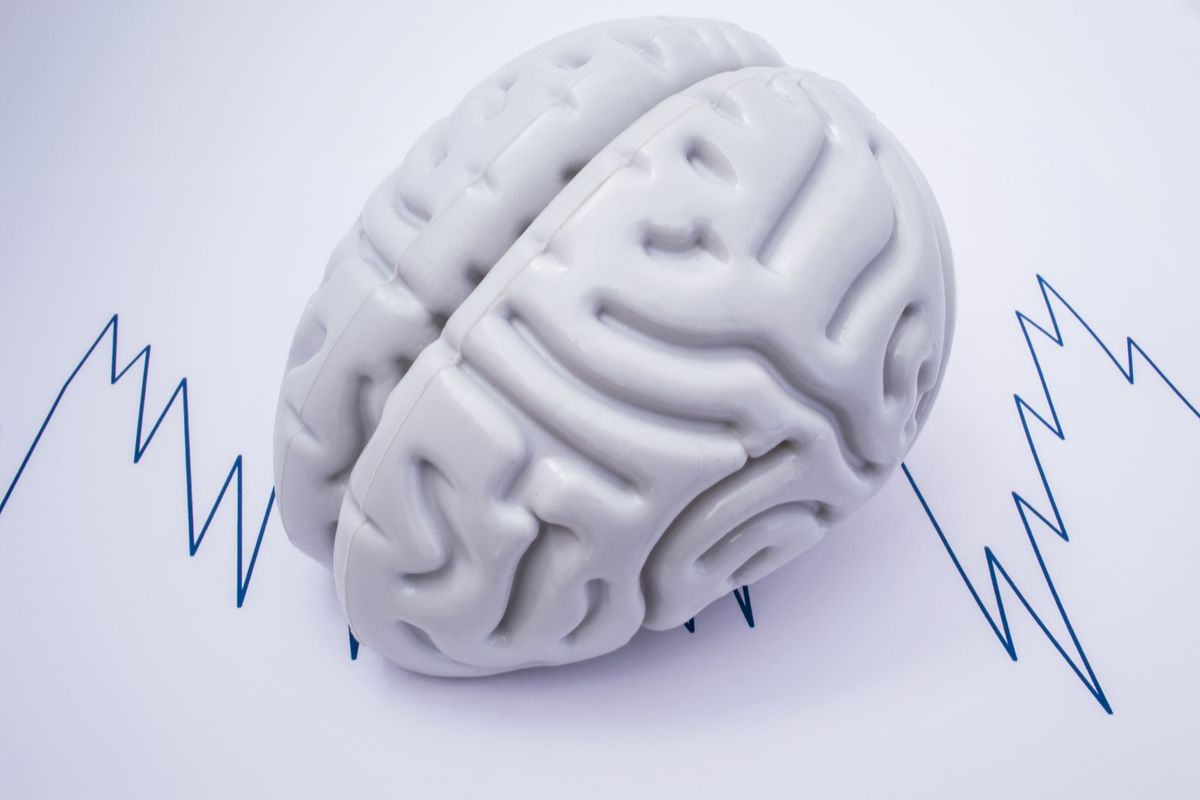
Understanding The Side Effects of Antidepressants in Teenagers
Understanding The Side Effects of Antidepressants in Teenagers
The adolescent phase is often a tumultuous period marked by emotional challenges and
vulnerability to mental health issues. In some instances, medical professionals may
recommend the use of antidepressants to assist teenagers in managing conditions like
depression and anxiety. While these medications can be effective, it is imperative to have a
comprehensive understanding of the potential adverse effects specific to this age group.
This article aims to delve into the side effects of antidepressants in teenagers.
Frequently Encountered Side Effects:
Teenagers who are prescribed antidepressants might encounter common side
effects, including nausea, dizziness, headaches, and disturbances in sleep patterns.
Typically, these side effects are transient and tend to diminish as the body
acclimates to the medication. It is essential for both patients and their caregivers to
recognize that not everyone will undergo these side effects.
Alterations in Body Weight:
Antidepressants can induce changes in body weight among teenagers. Some
individuals may experience weight gain due to an increased appetite, while others
might undergo weight loss as a side effect. These fluctuations can be disconcerting,
particularly for adolescents who are already sensitive about their body image.
Risk of Suicidal Ideation:
There exists a well-documented connection between the use of antidepressants and
an elevated risk of experiencing thoughts of suicide or engaging in self-harming
behaviors among teenagers. This risk is most pronounced during the initial stages of
treatment when the medication begins to take effect. Hence, close monitoring and
transparent communication with healthcare providers are of paramount
importance during this phase.
Sexual Dysfunction:
Antidepressants can also lead to sexual side effects, which can be profoundly
distressing for teenagers. These effects may encompass a reduced libido, challenges
in achieving or maintaining an erection, or delays in experiencing orgasm. It is
imperative for healthcare providers to engage in discussions about these potential
side effects with teenage patients and their families.
Emotional Blunting:
Certain adolescents may report a sense of emotional numbness or disconnection
while on antidepressants. This phenomenon, referred to as emotional blunting, can
impede their capacity to experience a full spectrum of emotions. It is crucial for
healthcare professionals to engage in open dialogues with patients to strike a
balance between the benefits of the medication and these emotional side effects.
Long-Term Consequences:
Ongoing research is dedicated to uncovering the long-term effects of antidepressant
use in teenagers. Some studies have hinted at potential influences on brain
development, although the precise extent of these effects remains a subject of
ongoing investigation. Thus, healthcare providers must meticulously evaluate the
risks and benefits of medication and consider alternative treatments when deemed
appropriate.
Antidepressants can serve as valuable tools in addressing depression and anxiety in
teenagers. Nevertheless, it is of paramount importance to comprehend the potential side
effects and associated risks when prescribing these medications to this age group. While
the common side effects are typically manageable and transitory, the heightened risk of
suicidal thoughts, sexual dysfunction, emotional blunting, and potential long-term
consequences necessitates careful consideration. Effective communication among
healthcare providers, teenagers, and their families is the cornerstone of successful
treatment. Candid discussions encompassing the benefits, risks, and potential side effects
of antidepressants are pivotal in ensuring that the treatment plan is tailored to meet the
unique needs and circumstances of the teenager.
Additionally, healthcare providers should maintain a close watch over their patients during
the initial phases of treatment to minimize the likelihood of adverse outcomes. Ultimately,
the decision to prescribe antidepressants to a teenager should be made judiciously, taking
into account the potential benefits vis-a-vis the potential side effects and risks. With
appropriate guidance and support, teenagers and their families can make informed choices
to enhance their mental well-being and overall health.